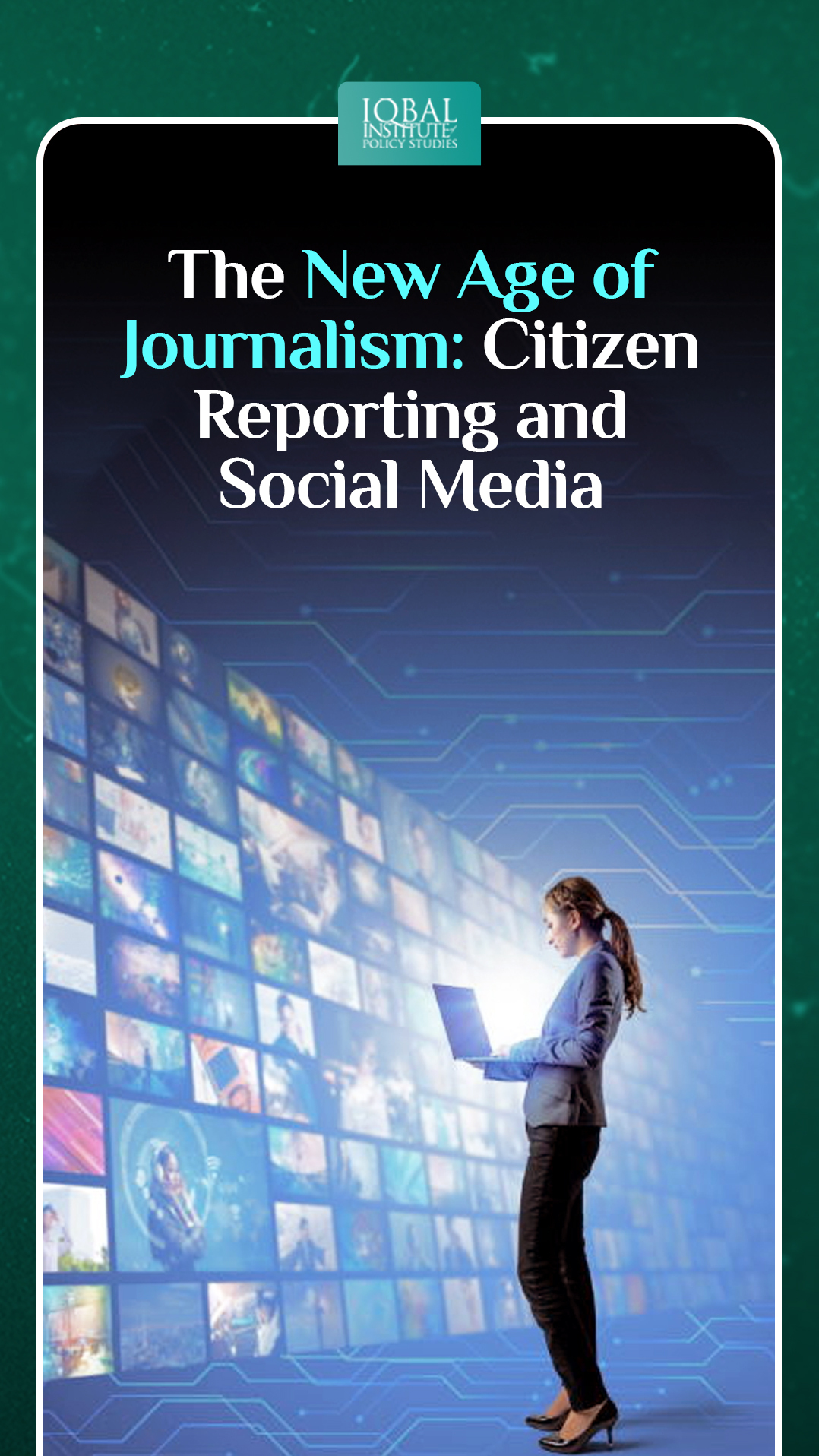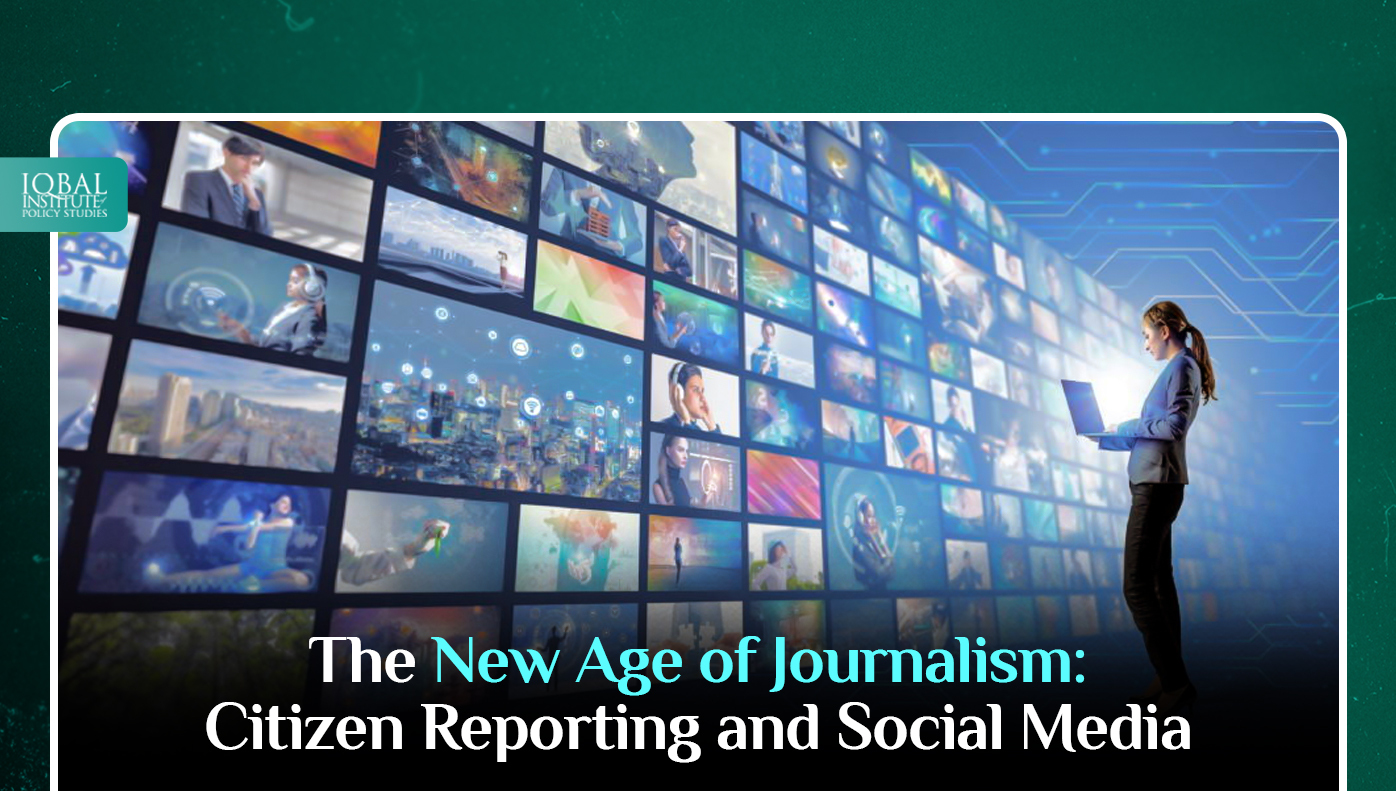In the ever-evolving landscape of journalism, a profound transformation is underway, ushering in a new era characterized by citizen reporting and the pervasive influence of social media. This paradigm shift challenges traditional notions of news dissemination, democratizing information flow and empowering individuals to become active participants in the news cycle. Join us as we navigate the contours of this transformative journey, exploring the symbiotic relationship between citizen reporting and social media that is reshaping the very fabric of journalism.
Empowering the Individual Voice: Citizen Reporting in Focus
Traditionally, journalism has been synonymous with trained reporters working for established news organizations. However, the advent of citizen reporting has altered this narrative, placing the power of information dissemination into the hands of the public. Social media platforms serve as a conduit for citizens to share firsthand accounts, breaking news, and perspectives that may have otherwise remained in the shadows. This democratization of reporting amplifies diverse voices and experiences, providing a more holistic view of unfolding events.
The Social Media Catalyst: Redefining News Distribution
Social media platforms have emerged as the driving force behind the democratization of news. With billions of users globally, platforms like Twitter, Facebook, and Instagram serve as dynamic spaces for the rapid dissemination of information. News stories now unfold in real-time on social media, with users becoming both consumers and creators of content. Hashtags transform into rallying cries, facilitating the convergence of like-minded individuals around crucial issues. The immediacy of social media injects a sense of urgency into news reporting, fostering a responsive and engaged global community.
Challenges and Opportunities: Navigating the Digital Landscape
While citizen reporting and social media offer unprecedented opportunities for information sharing, they also present challenges. The rapid spread of unverified information, commonly known as “fake news,” underscores the importance of responsible reporting. Journalistic integrity and fact-checking become crucial in navigating the digital landscape. Additionally, the sheer volume of information on social media necessitates media literacy, empowering users to discern credible sources from misinformation.
The Evolution of Journalism Ethics: A Digital Code of Conduct
As journalism adapts to this digital frontier, a new code of ethics emerges. Journalists, both professional and citizen reporters, must navigate the ethical considerations inherent in the online sphere. Balancing the pursuit of truth with privacy concerns, combating misinformation, and maintaining transparency become imperative in this evolving landscape. Collaborative efforts between traditional news organizations and citizen reporters can bridge gaps, fostering a collective commitment to journalistic standards in the digital age.
The Future Unfolding: Shaping the Next Chapter
The new age of journalism is a testament to the power of decentralized information flow. As we embrace the era of citizen reporting and social media, it is crucial to envision the future it holds. The integration of emerging technologies like artificial intelligence, virtual reality, and blockchain promises further innovations, influencing how news is gathered, disseminated, and consumed. This collaborative ecosystem, where professionals and citizens coalesce, propels journalism into a future where inclusivity, diversity, and immediacy define the narrative.
Conclusion
In the new age of journalism, citizen reporting and social media weave a collaborative tapestry that transcends geographical boundaries and societal hierarchies. This transformative journey empowers individuals to become active contributors to the global discourse, reshaping the narrative of news dissemination. As we navigate this evolving landscape, embracing both the opportunities and challenges it presents, the convergence of citizen reporting and social media propels journalism into an era defined by connectivity, authenticity, and the shared responsibility of shaping the narrative of our collective story.
This article is written by Shahmeer Adnan. Shahmeer is a research analyst at the Iqbal Institute of Policy Studies (IIPS).



Leave a Reply